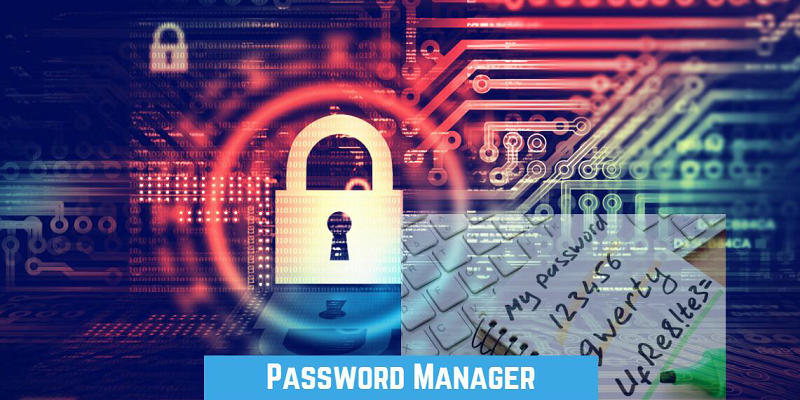- 1password Free 1 Year Subscription
- 1password 1 Year Free 2020
- 1password Free 1 Year Free
- 1password Family Free 1 Year
Rolling out 1Password to our employees worldwide was quick and simple, with over 50,000 employees adopting it within the first two weeks alone. Keep your family safe online The easiest and safest way to share logins, passwords, credit cards and more, with the people that matter most. Get free, one-on-one support from the 1Password team. Travel Mode Remove sensitive data from your devices when you cross borders, and restore access with a click when you arrive. Advanced Encryption Our security recipe starts with AES-256 bit encryption and uses multiple techniques to protect your data at rest and in transit.
Is it actually safe to use Password Checkers?
If you’re reading this section, then good – the quickest way to get hacked online is to be too trusting or assume websites are automatically safe. It’s good to be cautious and it’s never a good idea to enter your legitimate credentials into any website you are not confident about. The ones to watch especially are those who ask you to input your credentials.

So, why is this Password Strength Meter safe?
- The passwords you type never leave your browser and we don’t store them (You can disconnect your internet connection and then try it if you wish)
- All the checking is done on the page you’re on, not on our servers
- Even if the password was sent to us, we wouldn’t actually know who you were anyway – so couldn’t match it up to any usernames or any websites you may visit
- We’re in the business of making people more secure online and the last thing we want to see is passwords being transmitted across the internet insecurely.
1password Free 1 Year Subscription
How does My1Login's Password Strength Checker work?
- The password strength calculator uses a variety of techniques to check how strong a password is. It uses common password dictionaries, regular dictionaries, first name and last name dictionaries and others. It also performs substitution attacks on these common words and names, replacing letters with numbers and symbols – for example it’ll replace A’s with 4’s and @’s, E’s with 3’s, I’s with 1’s and !’s and many more. Substitution is very typical by people who think they’re making passwords stronger – hackers know this though so it’s one of the first things hacking software uses to crack a password
- The password strength meter checks for sequences of characters being used such as '12345' or '67890'
- It even checks for proximity of characters on the keyboard such as 'qwert' or 'asdf'.
Common mistakes and misconceptions
- Replacing letters with digits and symbols. This technique is well known to hackers so swapping an 'E' for a '3' or a '5' for a '$' doesn't make you much more secure
- That meeting the minimum requirements for a password makes it strong. By today's standards, an 8-character password won't make you very secure
- That it’s fine to use the same password a lot as long as it’s strong – what if the website is hacked? Do you know how the website stores your password? What if they store it in plaintext?
1password 1 Year Free 2020

1password Free 1 Year Free
Guilty
1password Family Free 1 Year
- Weak practices – storing passwords in the notes field on your phone, does it auto sync to the cloud, iCloud or Dropbox
- Putting them in a spreadsheet, even password protecting a spreadsheet doesn’t keep the information safe. Check out our blog on this and other security subjects.
What makes a strong password?
A strong password is one that’s either not easily guessed or not easily brute forced. To make it not easily guessed it can’t be a simple word, to make it not easily cracked it needs to be long and complex. Super computers can go through billions of attempts per second to guess a password. Try to make your passwords a minimum of 14 characters.
Passphrase
Mac client for postgresql. A passphrase is simply a password, that’s longer, it could be a sentence, with spaces and punctuation in it. The benefit of a passphrase is that typically they’re easier to remember, but more difficult to crack due to their length. For every additional character in the length of a password or passphrase, the time it would take to break increases exponentially. Ultimately that means that having a long password or passphrase can make you far more secure than having a short one with some symbols or numbers in it.
Your free guide to protect your business from being hacked
